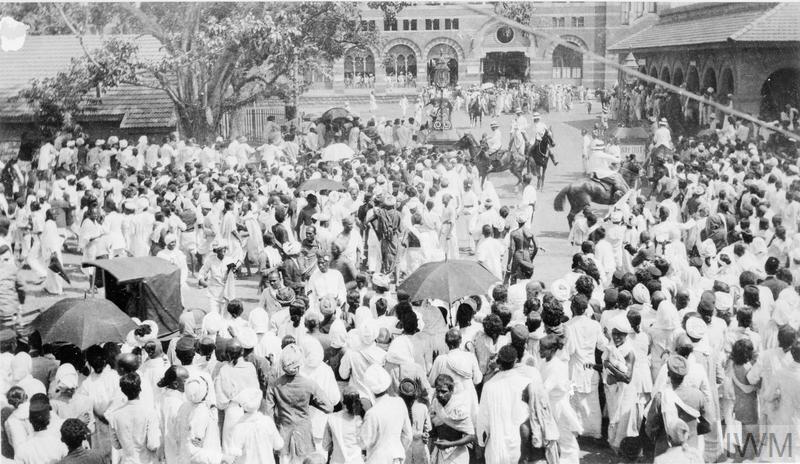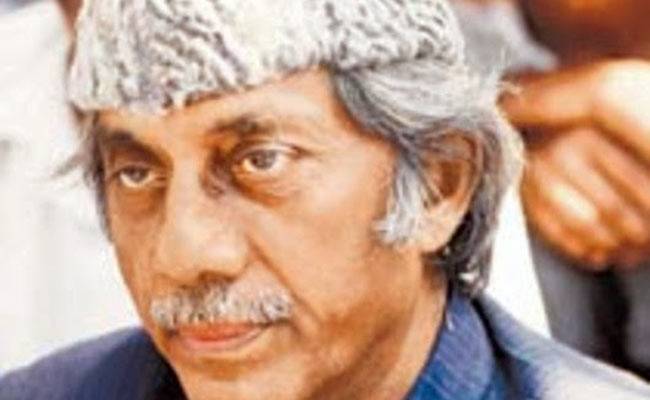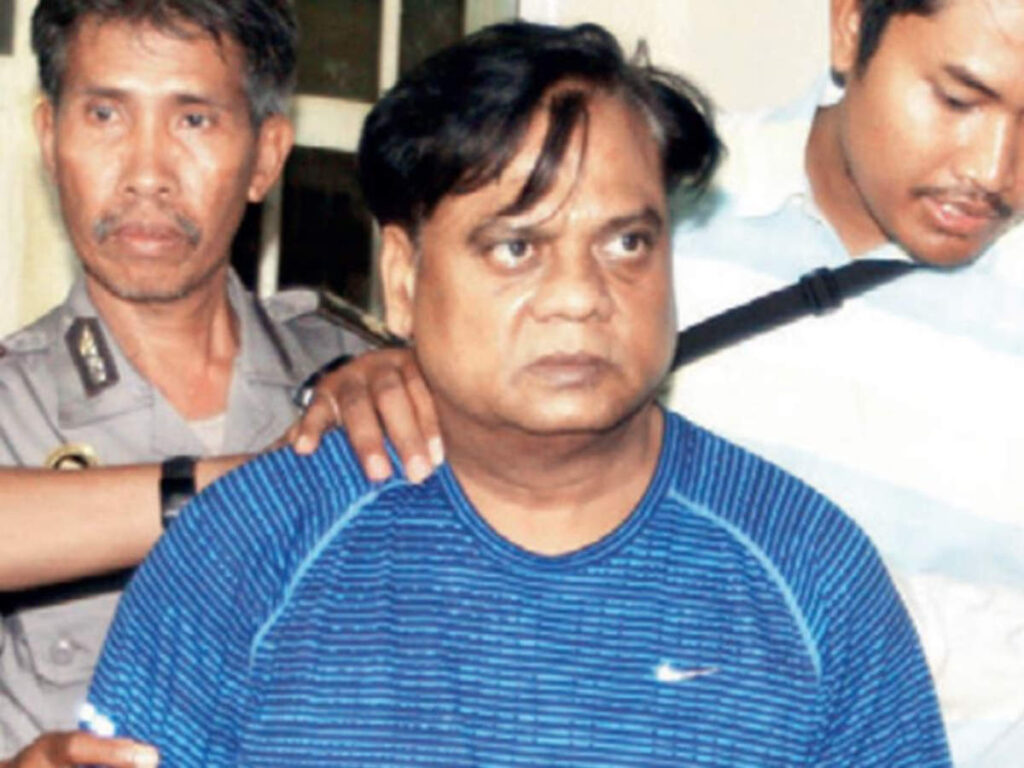- Initiation:
- Started in 1916 by Bal Gangadhar Tilak and Annie Besant.
- Aimed to secure self-government or Home Rule for India within the British Empire.
- Leadership:
- Bal Gangadhar Tilak: A prominent Indian nationalist known for his advocacy of Indian independence.
- Annie Besant: A British social reformer deeply involved in Indian politics and social causes.
- Formation of All-India Home Rule League:
- Tilak and Besant formed the All-India Home Rule League in April 1916.
- League aimed to achieve self-rule for India through peaceful and constitutional means.
- Objectives:
- Address economic, social, and political grievances of the Indian people.
- Mobilize public support for the cause of Indian self-governance.
- Geographical Focus:
- Tilak focused on mobilizing support in the western provinces of India.
- Besant led efforts in the southern regions.
- Methods:
- Organized campaigns, public meetings, and publications to raise awareness and mobilize support.
- Advocated for the rights of Indians within the British Empire.
- Challenges:
- Faced government repression and restrictions on political activities.
- Outbreak of World War I diverted attention and resources away from the nationalist cause.
- Impact:
- Played a crucial role in shaping the Indian nationalist movement.
- Laid the groundwork for the subsequent struggle for independence.
- Provided a platform for Indians to demand greater self-governance and autonomy from British rule.
- Legacy:
- Contributed to the growth of nationalist sentiment across India.
- Set the stage for later mass mobilization and political agitation against colonialism.
- Outcome:
- While the Home Rule movement did not immediately achieve its goals, it was an important step towards Indian independence and inspired future generations of Indian nationalists.
The All-India Home Rule Movement of 1916: Tilak and Besant’s Quest for Indian Self-Governance






